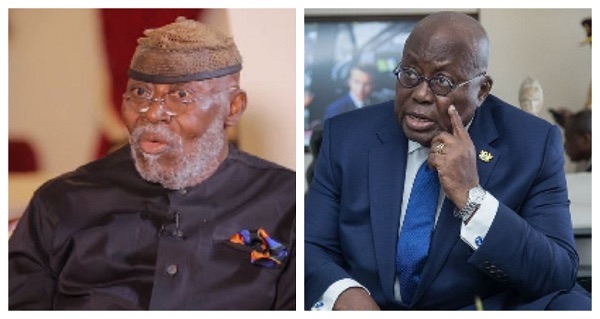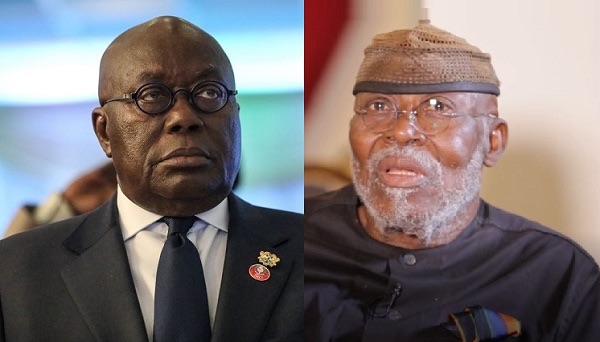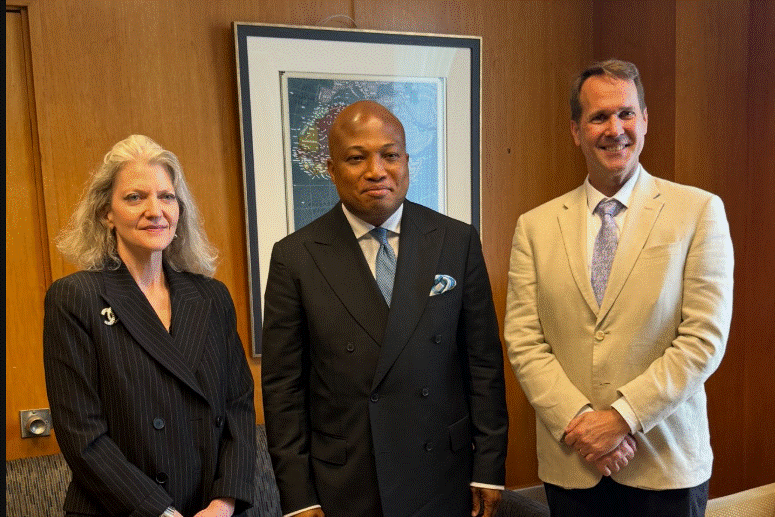NPP’s internal struggles: Nyaho Tamakloe accuses Akufo-Addo of still pulling strings behind the scenes

Dr. Nyaho Tamakloe’s recent comments about the New Patriotic Party (NPP) go beyond mere party politics — they expose the deep dangers of leadership that prioritizes personal control over collective wisdom. His accusation that former President Akufo-Addo continues to “pull strings” behind the scenes, even after leaving office, is a warning to all political actors in Ghana and across Africa.

The Dangers of Centralized, Personal Power
At the heart of Dr. Tamakloe’s critique is a familiar but destructive pattern: leadership that ignores counsel, centralizes decision-making around family or close allies, and sidelines seasoned voices in favor of loyalty. This kind of governance often leads to internal fractures, public distrust, and, as in the case of the NPP, electoral defeat.
Not Factionalism, But Failed Leadership
Importantly, Dr. Tamakloe does not frame the problem as simple factionalism; he calls it a failure of leadership. His appeal for the party to return to its roots by consulting elder statesmen like Kwame Pianim reflects a desire for leadership that is inclusive, consultative, and guided by national interest — not narrow, self-serving ambitions.

Key Lessons for Political Movements and Leaders
The NPP’s current struggle is a lesson for every political party and aspiring leader:
- Leadership with integrity must resist the temptation of power concentration.
- True leadership is about listening, building consensus, and acting in the broader interest of the people.
- Sustainable political movements are those that nurture collective ownership, not personality cults.

The Way Forward: Leadership With Integrity for the People
As Ghana continues its democratic journey, this moment is a reminder that leadership must serve the people, not personal or family interests. It is only through humility, consultation, and integrity that public trust can be rebuilt — within political parties and across national governance structures.




